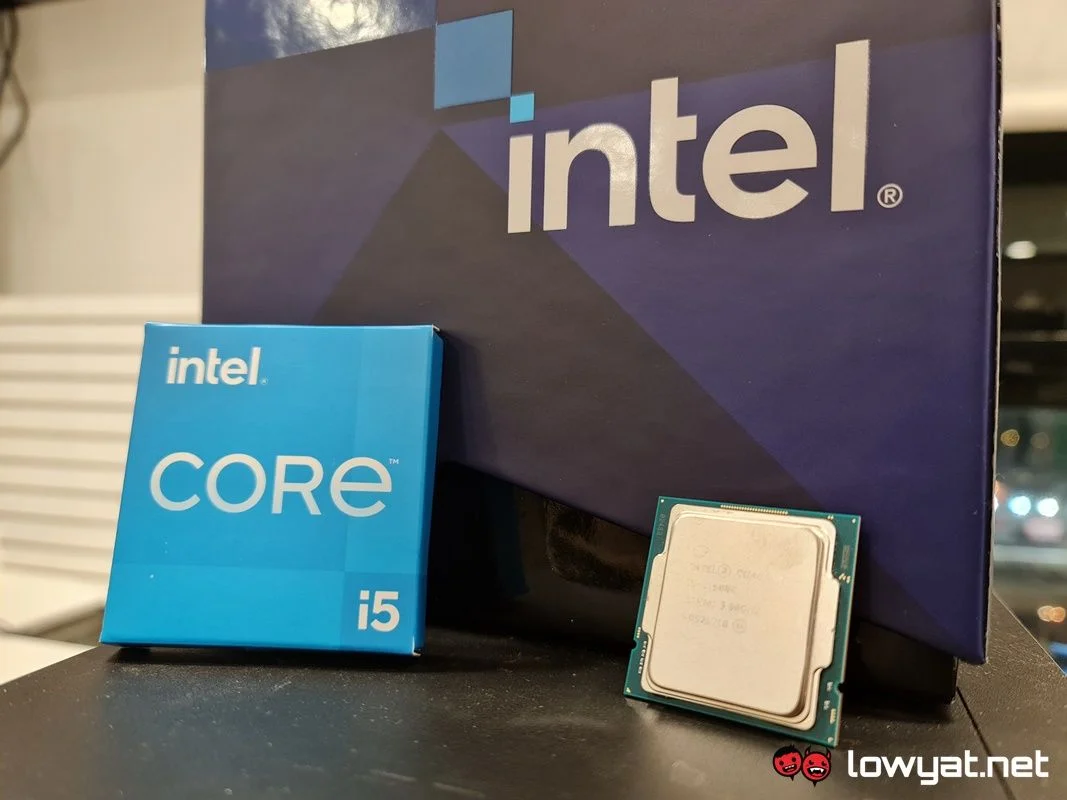To that end, Intel has begun advising its partners to place their final orders for 11th Gen Rocket Lake Core i5, Core i7, Core i9, and other Xeon W-Series processors, along with select 400 and 500 Series chipsets and motherboards by 25 August 2023. Once said orders have been placed, the blue chipmaker will then ship them out by 23 February 2024.
On a related note, Intel says that it will keep its Rocket Lake-based Xeon E-Series CPUs for embedded applications around for a little bit longer. But as for its consumer-segment 11th Gen processors, those will effectively be discontinued after the 23 February 2024 deadline. Intel and its Rocket Lake desktop processors were significant at the time of its launch. For a start, it was the last lineup in the chipmaker’s portfolio to use the now archaic 14nm process, a die lithography that first came on to the scene in 2016, when the brand first introduced its 6th generation Skylake series of processors. Unsurprisingly, Rocket Lake was not without its own set of controversies. Intel’s decision to go ahead and fabricate the CPU using 14nm drew both questions and ire from the PC community, simply because the entire lineup was technically based on the Cypress Cove microarchitecture that actually supported the newer 10nm SuperFIN process, which was ultimately rebranded as the self-titled Intel 7 process. For another matter, 11th Gen was also when Intel half-heartedly embraced PCIe Gen4, an interface that its rival AMD had already been using for close to two years with the launch of its Ryzen 3000 Series and X500 series chipsets. Process node downgrading notwithstanding, the performance of both Rocket Lake Core i9-11900K and Core i5-11600K CPUs were still solid performers at the time, and still are to this day. However, because it only had 8-cores, those who wanted a CPU with a higher core count would gravitate towards the then 12-cores and 16-cores Ryzen CPUs. (Source: Tom’s Hardware)

